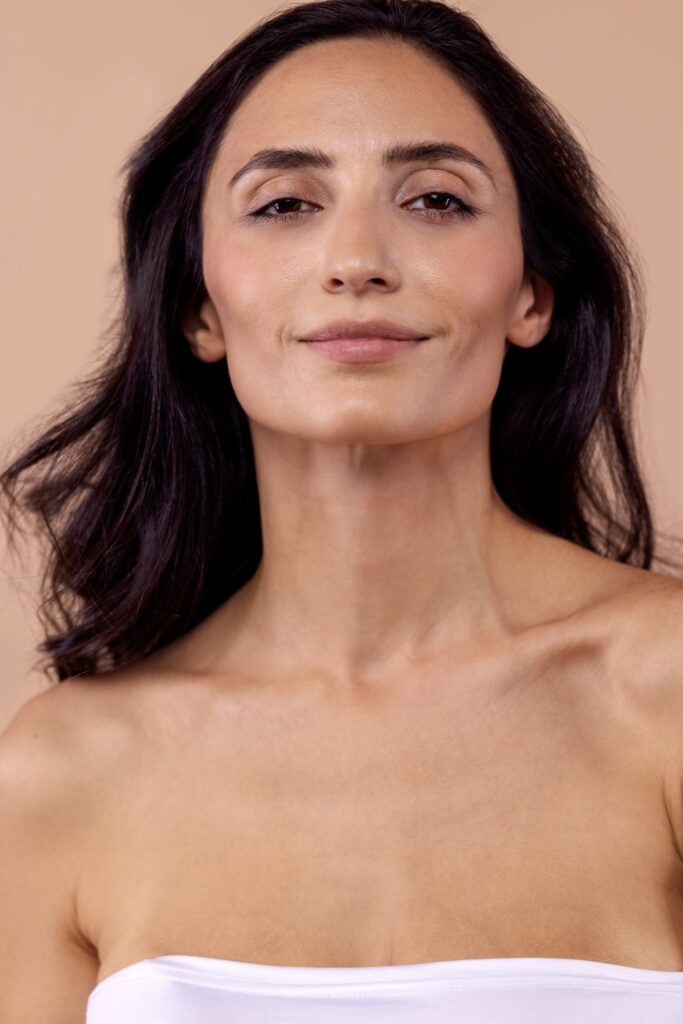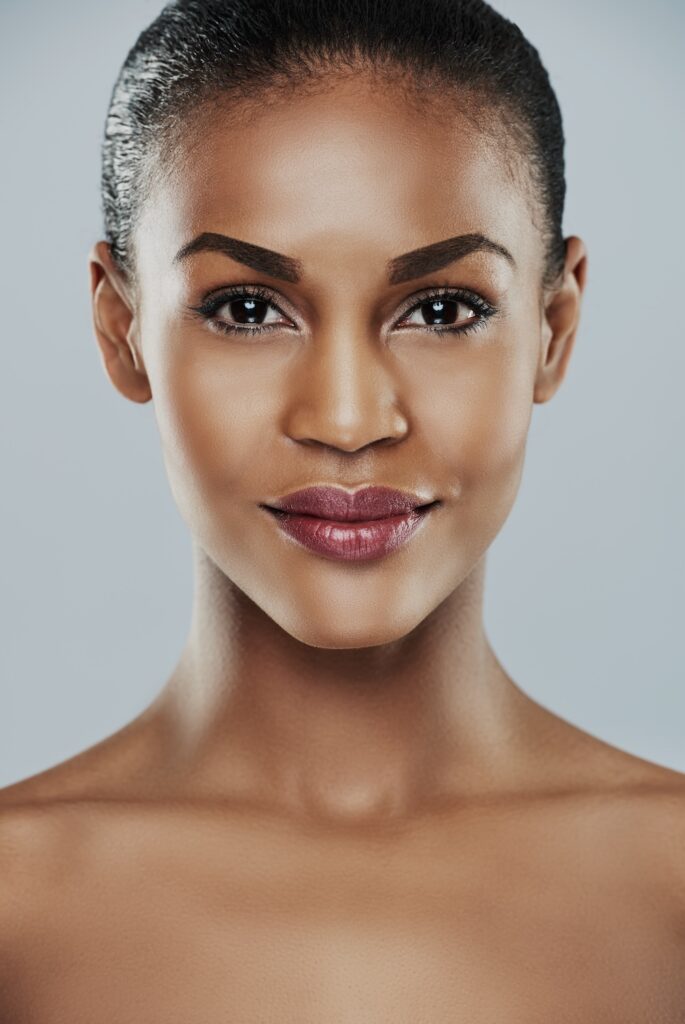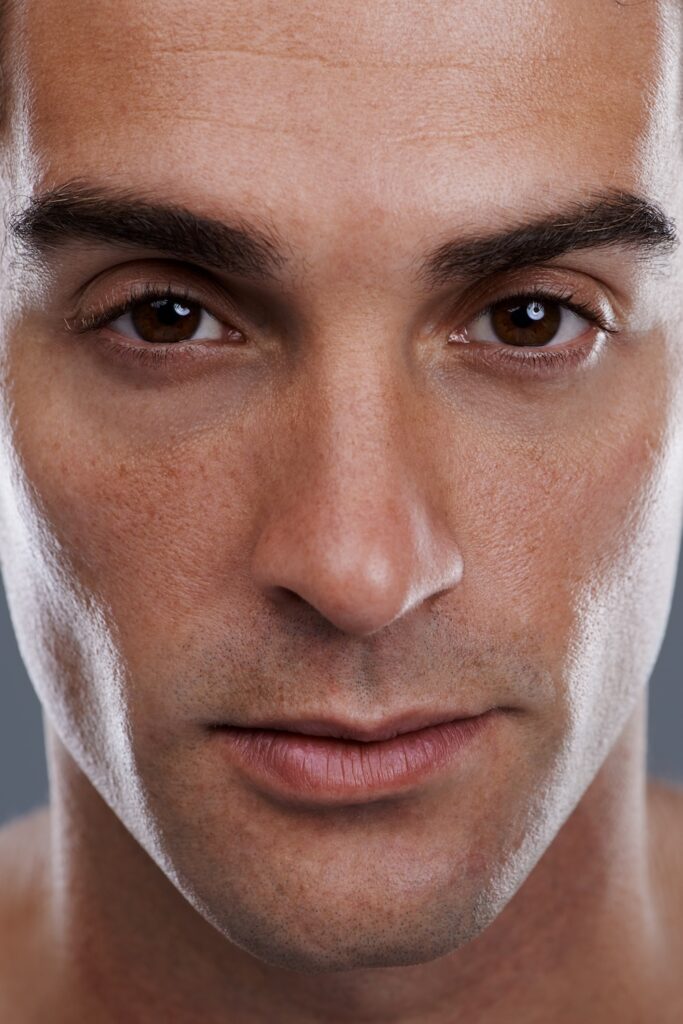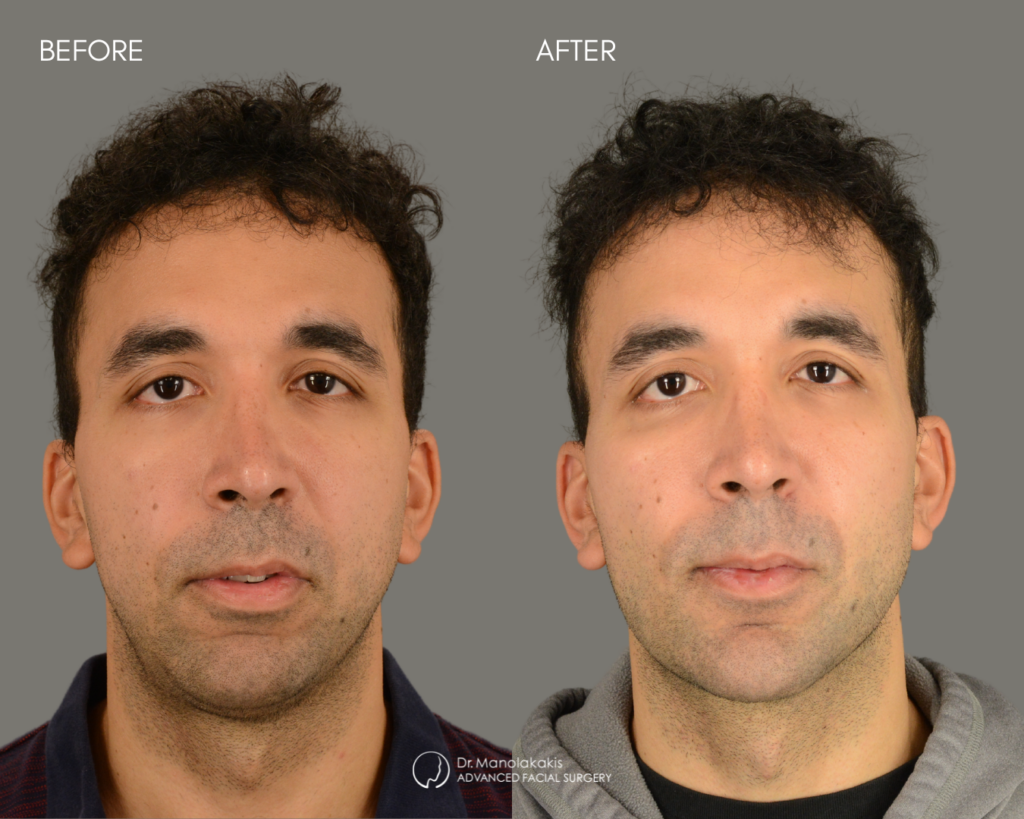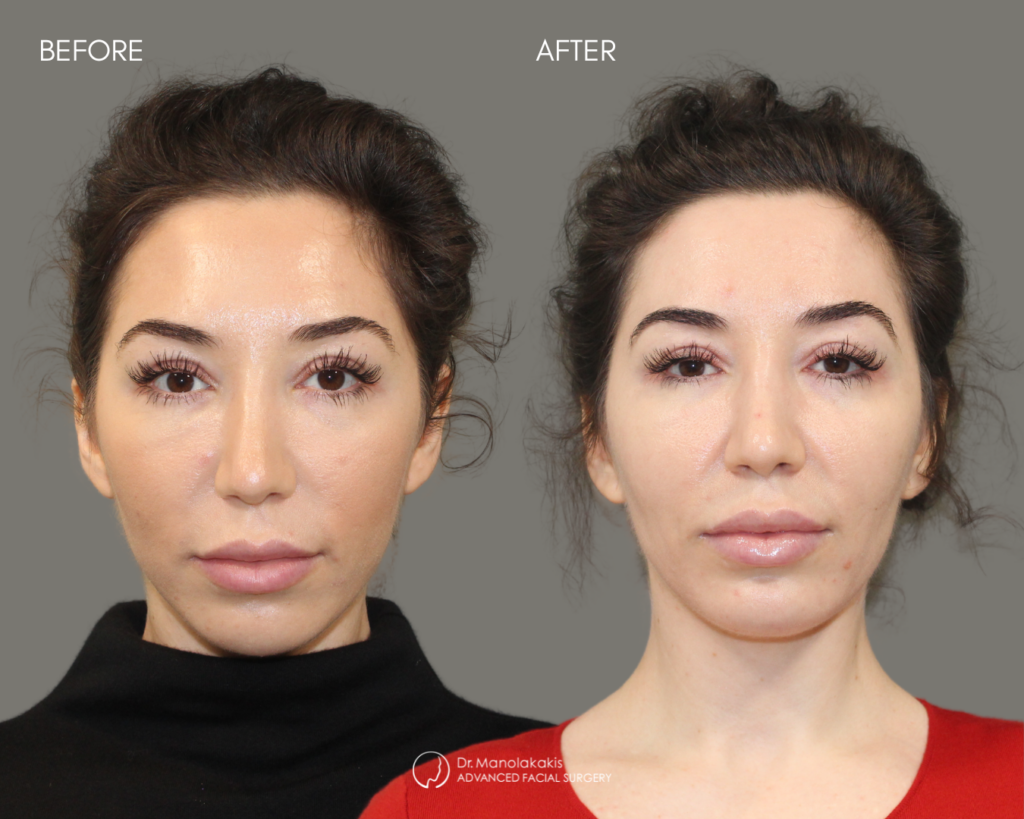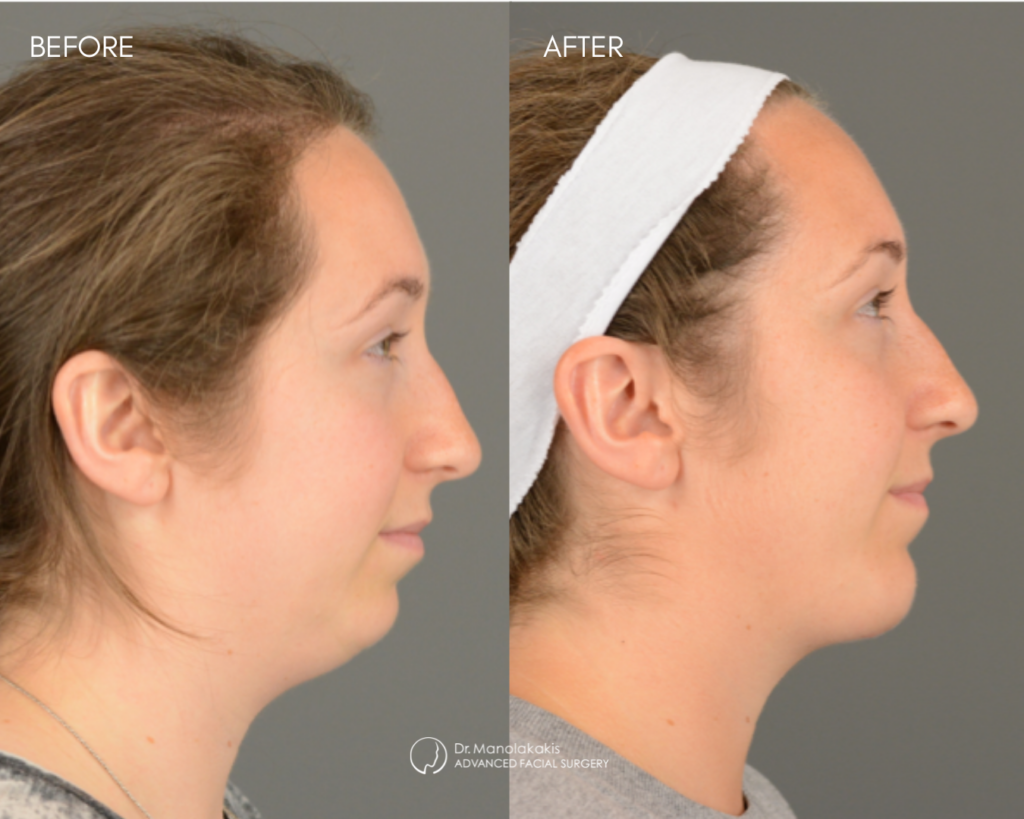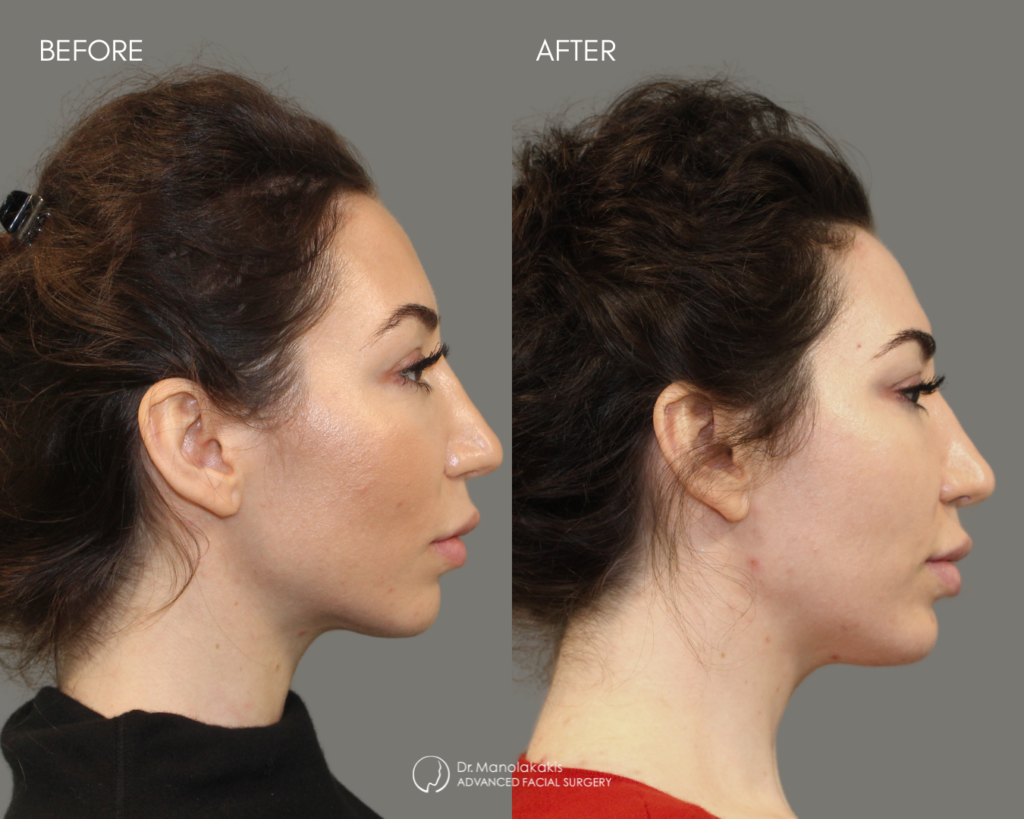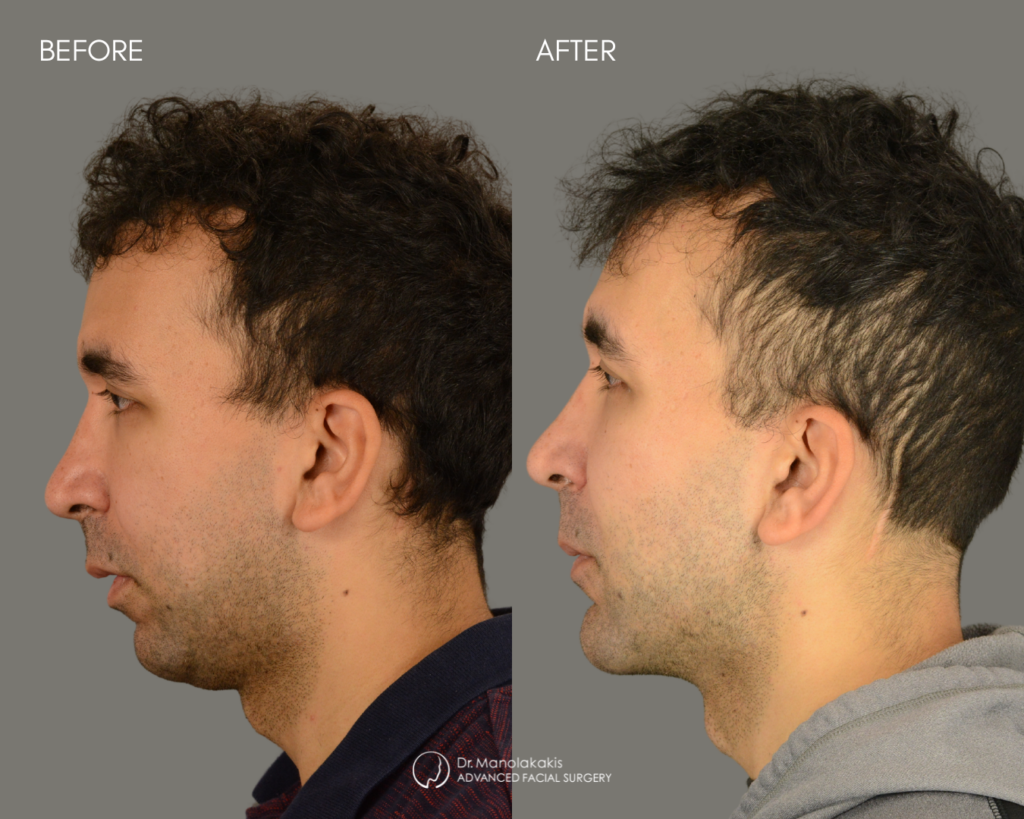FACIAL IMPLANTS
Redefine Your Aesthetic with Tailored Facial Implants at Advanced Facial Surgery
At Advanced Facial Surgery, we understand that your face is a reflection of your unique identity and the essence of who you are. Our luxurious facial implant surgery is designed not just to enhance, but to elevate and refine your natural beauty with the utmost precision and care. This exclusive procedure utilizes meticulously crafted implants, whether synthetic or biological, to gracefully restore or create balance, symmetry, and volume in the areas where it matters most—your cheeks, chin, jawline, or other facial features.
Our approach is rooted in a deep commitment to your journey, offering more than just aesthetic improvement. We are here to address congenital challenges, restore what time may have gently taken away, or mend the effects of trauma, all with an unparalleled level of compassion. The result? A harmonious, rejuvenated appearance that reflects your inner confidence and timeless elegance.
The results speak for themselves
Types of Facial Implants:
Cheek Implants (Malar Implants): Elevate your natural beauty with cheek implants designed to enhance the allure of your cheekbones. Perfect for those seeking to add volume and definition, these implants are ideal if you've experienced a loss of youthful fullness or have naturally flat or underdeveloped cheekbones. Imagine a more sculpted, radiant version of yourself, where every glance reveals a harmonious blend of elegance and confidence.
Chin Implants (Mentoplasty): Achieve a refined and balanced facial profile with our customized chin implants. Designed to enhance the projection and shape of your chin, this procedure is ideal for those with a weak or recessed chin, bringing a new level of harmony to your facial features. Let us help you discover a more defined, confident you, where your inner strength is reflected in your outward appearance.
Jaw Implants (Mandibular Implants): Elevate your appearance with the ultimate in personal facial enhancement—a custom jaw implant. This exclusive procedure is meticulously designed to refine the shape, size, and contour of your jawline, perfectly harmonizing with your unique facial structure. Unlike standard implants, our custom jaw implants are crafted just for you, ensuring results that are not only precise but exquisitely natural-looking. Whether you're seeking to enhance a weaker or asymmetrical jawline or restore your features after trauma or congenital challenges, this luxurious, tailored approach offers you unparalleled beauty and confidence.
Nasal Implants: Embark on a journey of refinement with nasal implants, elegantly enhancing the shape and structure of your nose. Whether addressing a saddle nose deformity or seeking to add projection to a flat nasal bridge, our approach ensures your nose harmonizes perfectly with your overall facial aesthetics, bringing your most desired features into focus.
Tear Trough Implants: Rejuvenate your gaze with tear trough implants, expertly placed to diminish the appearance of deep hollows or dark circles under the eyes. If volume loss in this delicate area has left you looking tired or aged, our personalized approach will restore a refreshed, youthful look, allowing your eyes to shine with renewed vibrancy.
Other Implants: At Advanced Facial Surgery, we believe in crafting solutions as unique as you are. Our custom implants are meticulously designed for specific facial areas, such as the forehead or temples, to address your individual aesthetic goals. Each implant is a work of art, created to enhance your natural beauty and ensure your facial features are in perfect harmony.

Dr. Manolakakis
Dr. Manolakakis takes a conservative and integrative approach to medicine, designing personalized treatment plans for each individual that comes to Advanced Facial Surgery in need of a change. He specializes in facial cosmetic surgery and non-surgical treatments, facial reconstruction, maxillofacial trauma management, jaw surgery, and cleft lip and palate repair.
Related Procedures
Facelift
If you’re not happy with the way you look after years of aging, and non-surgical treatments like fillers and Botox® are not enough anymore, you might consider getting a facelift!
Brow Lift
A brow lift, generally called a forehead lift or browplasty, is a sophisticated cosmetic procedure designed to elevate the eyebrows, smooth away forehead wrinkles, and soften frown lines.
Morpheus8
This exclusive, minimally invasive treatment we offer here at AFS combines the artistry of microneedling with the power of radiofrequency (RF) energy to beautifully restore and refine your skin.

